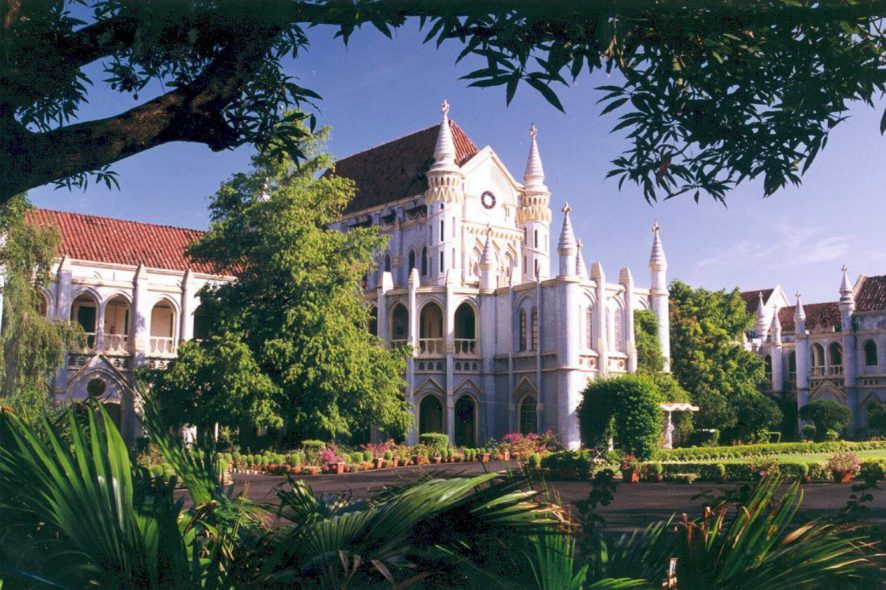Madhya Pradesh High Court, Jabalpur: The High Court recently dealt with a criminal appeal preferred by the accused being aggrieved by the judgment of Addl. Sessions Judge of convicting him under Ss. 302 (three counts), 201 and 506 Part-II, IPC. Also, the trial court had made reference to this Court for confirmation of order of capital punishment awarded under S. 366(1), CrPC. The accused was sentenced to death for murdering his two brothers and nephew by cutting their necks while they were asleep.
The appellant challenged the conviction on the ground that there was no direct evidence against him and he had no motive to kill the deceased persons. Appellant also submitted that his case was not covered under the ambit of “rarest of rare” case. The contentions were on the other hand opposed by the counsel for the respondents.
The court examined the records of the trial court and came to the conclusion that the case was not based only on circumstantial evidence but on direct evidence of eye witnesses and named them all. The Division Bench thoroughly studied the facts of the case and observed that the accused may not be a hardened criminal, but his act of committing murder of three persons by cutting their neck and causing several fatal injuries together in a pre-planned manner was more than brutal and deserves nothing, but death sentence.
The Bench comprising S.K.Seth, J. and Anjuli Palo, J. observed that with regard to the nature and manner of crime, a sentence of life imprisonment would be grossly disproportionate and inadequate and it would amount to no punishment at all. The Bench decided not to opt for any reformative methods terming them as ‘ineffective’ today while referring to latest case of Mukesh v. State, (2017) 6 SCC 1 (Nirbhaya Judgment). The court finally decided to confirm the sentence awarded by trial court. [Bhagchandra v. State of M.P., Criminal Appeal No. 1684/2017, decided on 19/12/2017]







